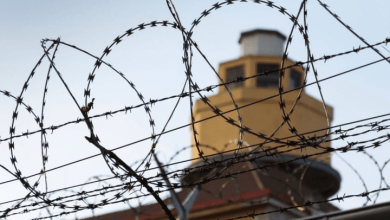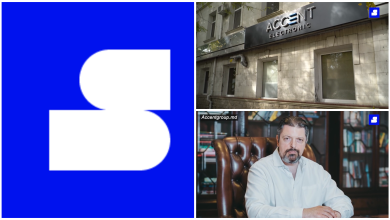Newspapers Will Be Able to Obtain Subventions from the State Budget to Recompense for Distribution Expenses

Printed periodicals from the Republic of Moldova will be able to benefit from the public funds to compensate for distribution expenses if they comply with the deontological and ethical criteria. The decision was voted by the Government on Wednesday, May 8, after the tariff for newspaper distribution was increased several times at the end of last year.
The mechanism suggested by the Ministry of Culture and voted by the Board of Ministers will be functioning by means of recompensing for and covering the expenses for distributing periodicals or this year. National, regional, and local newspapers which comply with several criteria will be able to benefit from this offer.
They are mandatorily supposed to be printed periodicals and shall not be subsidiaries of foreign newspapers. They shall be published by a legal entity registered in the Republic of Moldova, exist on the market for at least two years, be printed at least once a month, and have a circulation of at least 1000 copies per publication for national newspapers and 500 copies for regional and local ones. Besides, to be eligible for the subventions, at least 75% of the newspaper’s content has to be local.
The future beneficiaries will have to prove that the media institutions are not founded, financed, or (totally or partially) administered by political organizations, local, central, and/or special public administration authorities, religious denominations, trade unions/patronages, or enterprises/companies. Moreover, they will not be eligible if it is proven that they directly or indirectly promote any interests of political, administrative, or economic groups or their intermediaries, or those of any persons under international sanctions.
The publications shall be transparent about who their patrons and editors-in-chief are, what their circulation is, and who their reporters are, and they shall have their editorial policy and information regarding their owners and shareholders published on the website. The approved document also mentions that eligible newsrooms shall have to comply with the Code of Ethics and the recommendations of the Press Council, and demonstrate that they promote democracy and human rights, and counter corruption and disinformation.
The Examination and Selection Council will function within the Independent Press Association (IPA): it will consist of six members who will decide which newsroom is eligible for the subventions. The Government’s decision states that the council will include one representative from the IPA and the Press Council, three representatives from the other public associations “with a perfect reputation in the spheres of media, human rights, and justice not involved in any situations of conflict of interest with the prospective beneficiaries,” as well as a representative of the Ministry of Culture who will have no voting rights.
After adopting the decision, the Government issued a press release stating that it founded this tool “pursuant to the requests received from several newsroom managers, after the adjustment, at the end of last year, related to the market rates for distribution of periodicals, and, upon examining three vulnerabilities, including the impact on the audience and the newsrooms which already face operational and logistical constraints due to increased costs of paper, printing services, and human resources.”
Meadia Azi previously wrote that, in late 2023, the cost of distributing periodicals for 2024 increased 3.4 times compared to the rate which was applied last year. Several publications informed that the decision had a critical impact on their activity. On the other hand, Posta Moldovei claimed at that time that it was a necessary step to ensure the continuity of the institution’s services. Following these price increases, Gazeta de Chisinau, Gazeta de Sud (Cimislia), and, temporarily, SP (Balti) ceased publishing printed versions of their newspapers.



